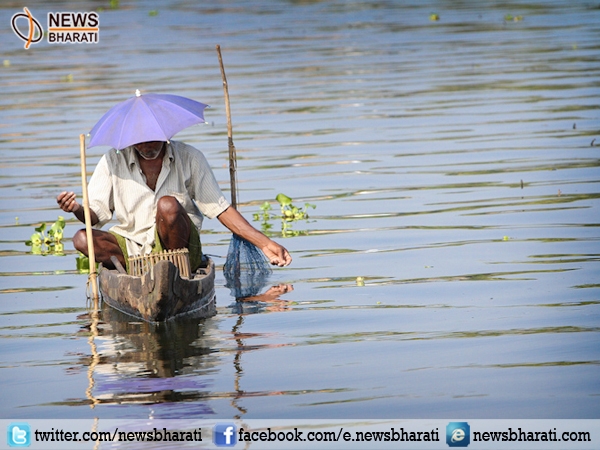Around 73% of water sources in Kerala are contaminated
Thiruvananthapuram, November 21: Kerala’s State Literacy Mission Authority carried out a survey which showed around 73% of household water sources in the state are contaminated whereas around 26.9% of other water sources like rivers, streams, ponds, lakes and wells were found polluted.

Despite being the land of 44 rivers and a number of lakes, apprehensions are widespread in the state over the fast-depleting safe water sources. Adding to the anxieties, a sample study report on the status of water resources in the state has revealed that 73% of the waterbodies in the state are contaminated.
Though people were found drawing water from a majority of the partially polluted water bodies for bathing cattle, washing vehicles and farming, the shocking information is that many such contaminated water sources are still being used for direct human consumption also, especially in Wayanad district.
The survey, conducted as part of KSLMA's environment literacy programme with huge public participation (58,463 houses covered by 25,101 members) has come out with a major document for the Kerala government to take policy decisions and chalk out actions plans, said KSLMA director P S Sreekala.
Though 70% of people residing near surveyed water bodies had a basic idea of the reasons behind the pollution, they were found to be lacking the urge to actively involve themselves in environment protection activities.
Asking the state government to use all its machinery for strict implementation of rules to prevent excess use of chemical fertilizers, sand mining, quarrying, encroachment, deforestation, use of banned pesticides and waste dumping, the report also called for better coordination between various government agencies.